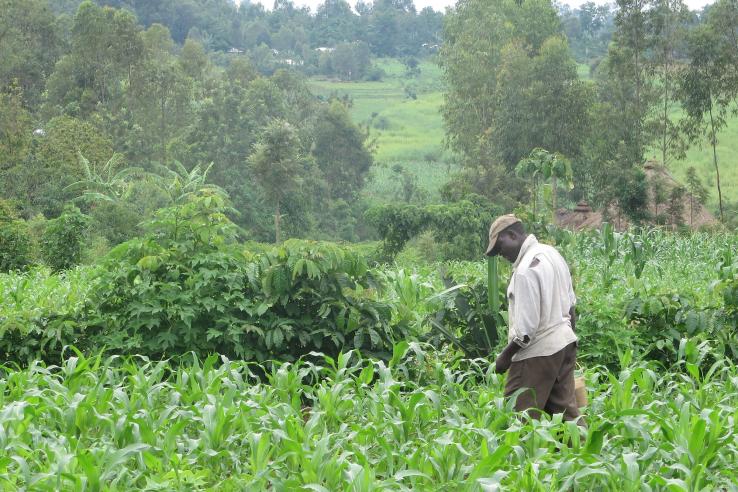Displaying 181 - 195 of 8077
Person
Hafizh Fakhrizal Winarno is a Research Associate at J-PAL Southeast Asia, where he works on a stunting prevention project in Indonesia.
Evaluation
Researchers studied how a school grant program affected learning outcomes and household spending. After the first year of the grant program, students in treatment schools performed significantly better than those in comparison schools, but by the end of the second year, there was no detectable impact on student learning.
Person
Cristián Ugarte holds a Bachelor degree in Economics from Catholic University of Chile and is currently studying a Masters degree in Economics at the same university. He joined J-PAL in 2010 to work in a project on information and parent's decision of high school enrollment.
Evaluation
Researchers introduced a mobile phone-based agricultural extension service to evaluate its impact on knowledge and adoption of effective farming methods among cotton farmers in Gujarat, India. They found that the service was highly effective in nudging farmers to adopt a number of recommended agricultural technologies, like fertilizer, pesticide, and improved seed varieties, but had no measurable impact on farmers’ yields or profits.
Evaluation
Researchers randomly evaluated whether well-timed access to credit would allow maize farmers in Kenya to make better use of storage and sell their output at higher prices. The loan offers allowed farmers to store more maize and earn higher revenues, with larger revenue impacts for farmers granted loans immediately following harvest and in areas where a smaller share of farmers was offered loans.
Evaluation











